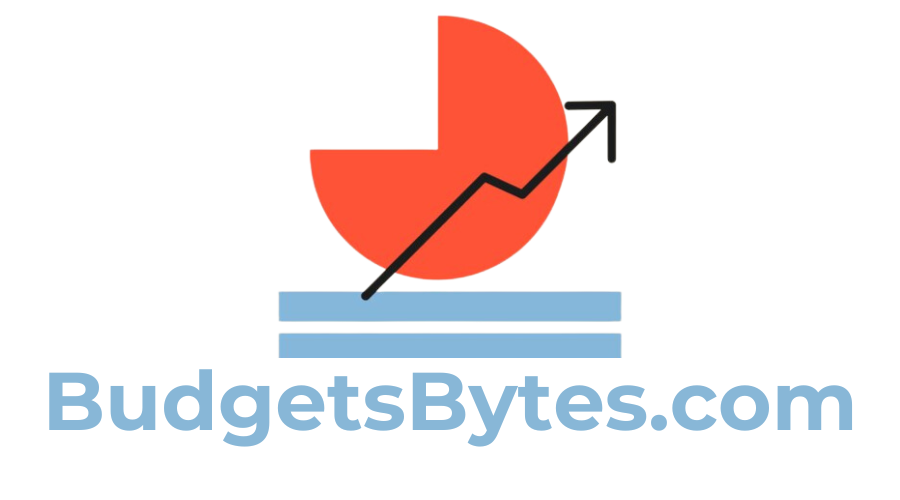Achieving financial freedom is a dream for many, yet the path to it can feel daunting. With the right strategies and mindset, however, anyone can take control of their finances and work toward a life of financial independence. This comprehensive guide covers key principles of personal finance, including budgeting, saving, investing, and managing debt, to help you on your journey to financial freedom.
Understanding Financial Freedom
Financial freedom means having enough savings, investments, and cash on hand to afford the lifestyle you want for yourself and your family. It is the ability to make choices that allow you to enjoy life without being constrained by financial worries. Achieving this level of freedom requires planning, discipline, and a proactive approach to managing your money.
The Pillars of Financial Freedom
1. Budgeting
Budgeting is the cornerstone of personal finance. A well-structured budget allows you to track your income and expenses, ensuring that you live within your means.
- Create a Budget: Start by listing all sources of income and all monthly expenses. Divide your expenses into fixed (like rent and utilities) and variable (like entertainment and dining out) categories.
- Set Financial Goals: Determine short-term and long-term financial goals. These could include saving for a vacation, buying a home, or planning for retirement.
- Monitor and Adjust: Regularly review your budget to ensure you are staying on track. Adjust your budget as necessary based on changes in income or expenses.
2. Saving
Building a robust savings plan is essential for financial security. Savings can act as a buffer during emergencies and help you achieve your financial goals.
- Emergency Fund: Aim to save at least three to six months’ worth of living expenses in an easily accessible account. This fund can cover unexpected costs like medical bills or car repairs.
- Goal-Oriented Savings: Set specific savings goals for big purchases, such as a home, a car, or a dream vacation. Create a separate savings account for each goal to keep track of your progress.
- Automate Your Savings: Consider setting up automatic transfers to your savings accounts. Automating your savings can help you reach your goals without having to think about it.
3. Investing
Investing is a powerful tool for growing your wealth over time. While it comes with risks, smart investing can provide significant returns.
- Understand Investment Options: Familiarize yourself with different investment vehicles such as stocks, bonds, mutual funds, and real estate. Each option has its own risk-reward profile.
- Diversify Your Portfolio: Avoid putting all your money into one investment. Diversification can help mitigate risks and increase your chances of returns.
- Long-Term Focus: Investing is not a get-rich-quick scheme. Adopt a long-term perspective, and be patient as your investments grow over time.
4. Debt Management
Managing debt effectively is crucial for achieving financial freedom. High-interest debt can stifle your ability to save and invest.
- Assess Your Debt: List all your debts, including the total amount, interest rates, and monthly payments. Understanding your debt load is the first step toward effective management.
- Develop a Repayment Plan: Choose a strategy for repaying your debts. The snowball method involves paying off smaller debts first, while the avalanche method focuses on paying off higher-interest debts first.
- Avoid New Debt: While paying down existing debt, avoid taking on new debt whenever possible. Be mindful of your spending habits and focus on living within your means.
5. Retirement Planning
Planning for retirement is crucial for achieving financial freedom. The earlier you start saving for retirement, the more comfortable your future will be.
- Set Retirement Goals: Estimate how much money you’ll need in retirement based on your desired lifestyle. Consider factors like healthcare costs, travel plans, and living expenses.
- Contribute to Retirement Accounts: Take advantage of employer-sponsored retirement plans such as a 401(k) or an IRA. Contribute enough to maximize any employer match, as this is free money for your future.
- Review Your Plan Regularly: Periodically assess your retirement savings and investment strategies. Make adjustments as necessary based on changes in your financial situation or retirement goals.
Enhancing Your Financial Literacy
Improving your financial literacy is key to achieving financial freedom. The more you know about money management, the better equipped you will be to make informed decisions.
- Educate Yourself: Read books, take online courses, and attend workshops focused on personal finance. Knowledge is power when it comes to managing your money.
- Stay Updated: Follow reputable financial news sources and blogs to keep up with the latest trends and advice in personal finance.
- Engage with Professionals: Consider consulting a financial advisor for personalized guidance. They can help you develop a tailored financial plan that aligns with your goals.
Common Financial Pitfalls to Avoid
- Living Beyond Your Means: One of the biggest barriers to financial freedom is overspending. Avoid lifestyle inflation and make conscious decisions about your spending.
- Neglecting Savings: Failing to prioritize savings can leave you unprepared for emergencies and future goals. Make saving a non-negotiable part of your financial plan.
- Ignoring Retirement: Delaying retirement savings can have long-term consequences. Start saving early to take advantage of compounding interest.
- Making Emotional Decisions: Avoid making financial decisions based on emotions. Whether it’s investing during a market downturn or splurging after a good day, stay disciplined and stick to your plan.
Conclusion
Achieving financial freedom is a journey that requires dedication, planning, and informed decision-making. By focusing on budgeting, saving, investing, debt management, and retirement planning, you can create a secure financial future. Remember that improving your financial literacy is a lifelong endeavor. Stay informed, make thoughtful decisions, and work towards your financial goals with confidence.

